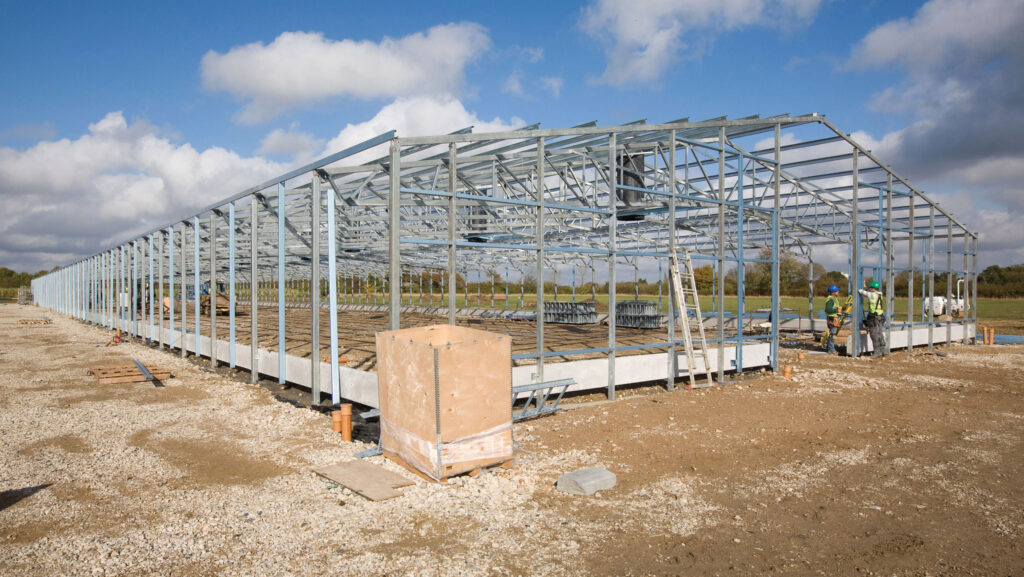Animal rights planning blitz threatens food security
 © Tim Scrivener
© Tim Scrivener The UK’s food security is increasingly at risk as animal rights groups use mass objection campaigns to delay or block planning applications for farms and food infrastructure, industry leaders warn.
Groups such as Animal Rising and the Coalition Against Factory Farming (Caff) are mobilising thousands to oppose pig, poultry, dairy farms, and abattoir developments.
One high-profile poultry and pig site proposal by Cranswick in Methwold, Norfolk, was rejected in April after more than 12,000 objections – the vast majority of which came from way outside the East Anglia area.
See also: Norfolk planners spurn Cranswick’s pig and poultry mega farm
And on 28 June, Animal Rising circulated an e-letter urging objections to a four-unit poultry farm in Toynton St Peter, Lincolnshire.
The letter, linked to a Caff petition and council planning documents, claimed there are “already 192 factory farms in Lincolnshire alone”.
Caff has also targeted a separate proposal for 12 poultry houses in Spalding, Lincolnshire, as well as Cranswick’s plans to expand its Lower Barn Farm in Garboldisham, Norfolk.
A templated letter has been circulated to supporters to send to planners, citing concerns about smell, noise, traffic, pollution, animal welfare and even avian influenza, which they claim “could lead to the next pandemic”.
“We are not isolated towns and villages forced to choke helplessly on the stench and pollution from a Cranswick pig or chicken farm. We are a community,” said a spokesman.
“If making councils hear the breadth and force of our disdain for these factories is having an impact, then we aren’t going to stop.”
Targeted
Several farmers have told Farmers Weekly their planning applications are being targeted, but refused to speak publicly, for fear of an activist backlash.
However, industry stakeholders say the activists’ claims are often exaggerated and overlook the need to maintain domestic food production.
Tony Goodger, of the Association of Independent Meat Suppliers (Aims), argues this activity is “the biggest existential threat to farming outside disease and biosecurity”, warning that both family farms and large food companies are under attack.
“This is not just about pigs and poultry. It could be any farm or abattoir the government says it wants to protect,” he said. “Are we going to let the angry mob win?”
Aims is urging Defra, not local councils, to decide on essential farm and food processing planning applications, treating farming as Critical National Infrastructure.
Mr Goodger warns that blocking domestic food production risks higher prices, reliance on lower-standard imports, and contradicts Labour’s manifesto view that “food security is national security.”
He added that blocking poultry units also threatens green energy efforts, as many farms have solar panels, risking loss of vital farmland to solar projects.
‘Crack down’
Mo Metcalf-Fisher, director of external affairs at the Countryside Alliance, said the UK government must crack down on “bogus objections” from animal rights extremists who complain online, warning authorities not to let them stall rural growth.
A government spokesman said ministers planned to consult this year on national planning reforms to better support farming, with a simpler, clearer and more certain approach, covering barns and other infrastructure needed to boost food production.
“We are determined to get Britain building and sweep away the blockers,” he said.
